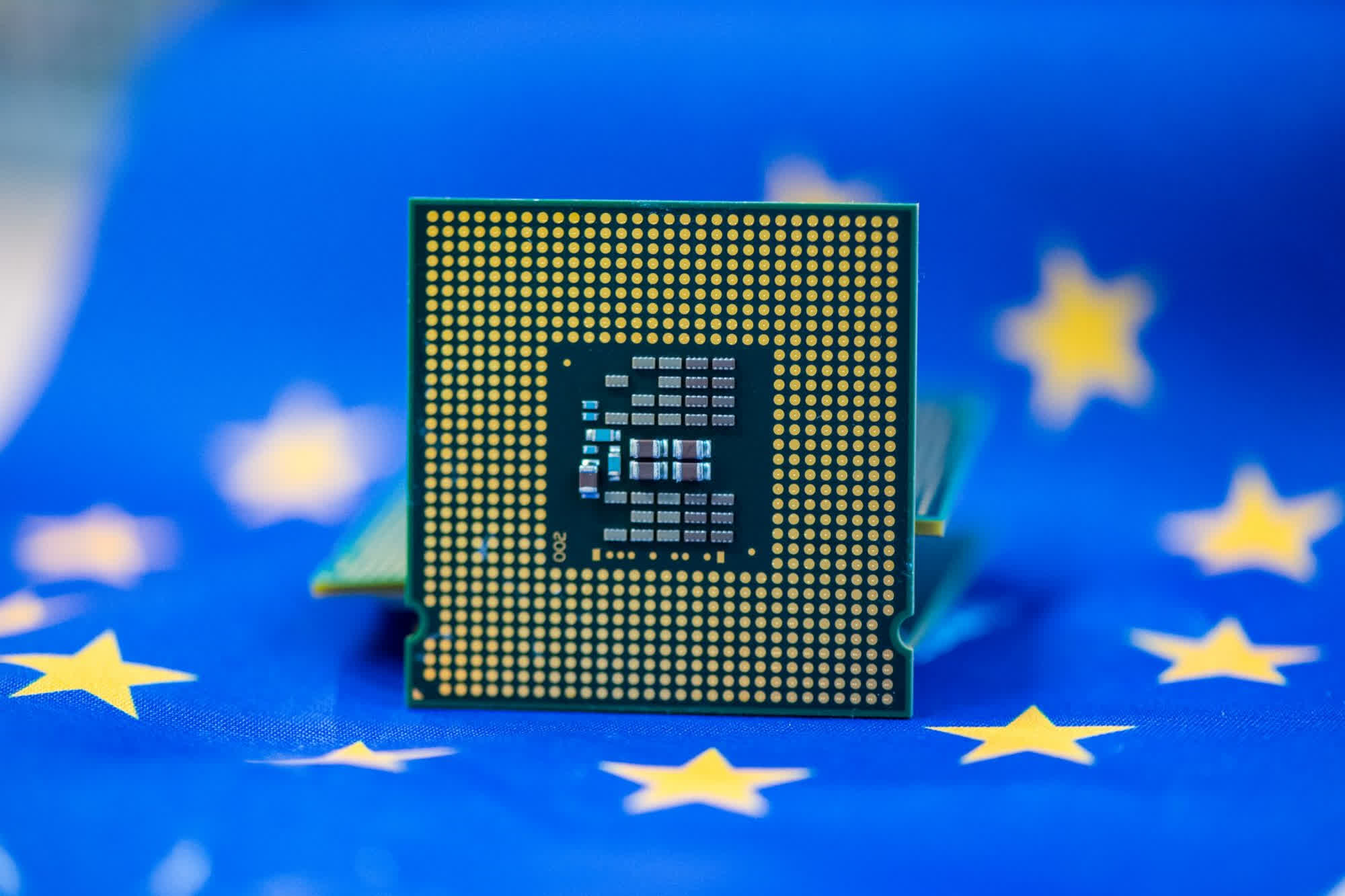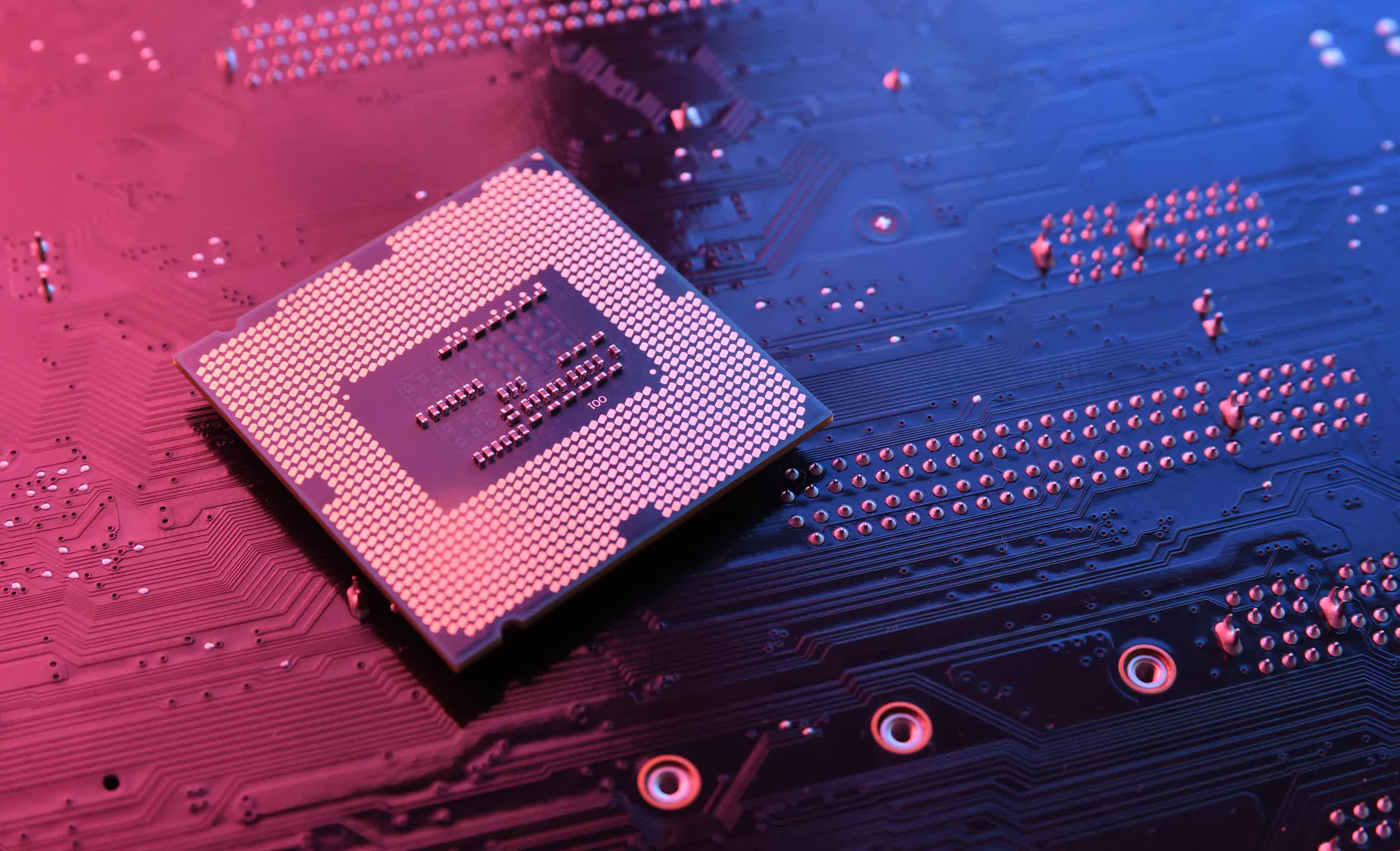In context: The tech industry is still suffering from a microchip shortage, and Europe is getting ready to invest a lot of billions to free itself from external dependencies. The EU Council will now need to negotiate with the European Parliament to decide its final proposal.

Much like the US, Europe could soon have its own "Chips Act" law. The European Council, one of the two legislative bodies of the EU, together with the European Parliament, has adopted a common position to propose the new regulation. The goal: strengthening the EU's competitiveness in semiconductor technologies.
While the United States has passed its CHIPS Act to boost domestic research and manufacturing of semiconductors, the EU's Chips Act should work like a monetary boost to build a novel industry capability in the most important technology business existing today.
Chips are "essential for a wide range of technological and digital products such as cars, household appliances and electronics," the EU Council's official press release says, and Europe is currently facing challenges in securing semiconductor supplying. The proposed Chips Act aims to reduce the EU's vulnerabilities and dependencies on foreign actors, which can easily influence the internal market due to geostrategic issues and supply chain disruptions.

The Chips Act will provide a total of 43 billion euros in public and private investments, with three different pillars to spend all this money on: the Chips for Europe Initiative, to support technological capacity building and related research and innovation; a new framework to ensure security of supply and resilience by attracting increased investment; a mechanism to monitor the semiconductor supply chain and coordinate a quick reaction in crisis situations.
Part of the Chips Act money, namely € 3.3 billion, will go to fund the Chips for Europe Initiative alone. Together with the Chips Act, the EU Council is also proposing the creation of a new legal tool: the European Chips Infrastructure Consortium (ECIC), which would act as a legal entity that could implement actions and other tasks funded under the aforementioned Chips for Europe Initiative.
According to the EU Council's estimations, the global semiconductor industry will be worth around $1 trillion in 2030. Chip demand is expected to double between 2022 and 2030, with increased production for smartphones and personal computing, servers and data centers, automotive, consumer electronics, and more. The EU now has a 10% market share in the global semiconductor industry; with the Chips Act, the Old Continent plans to at least double its share by 2030.
https://www.techspot.com/news/96870-eu-chips-act-43-billion-build-new-european.html